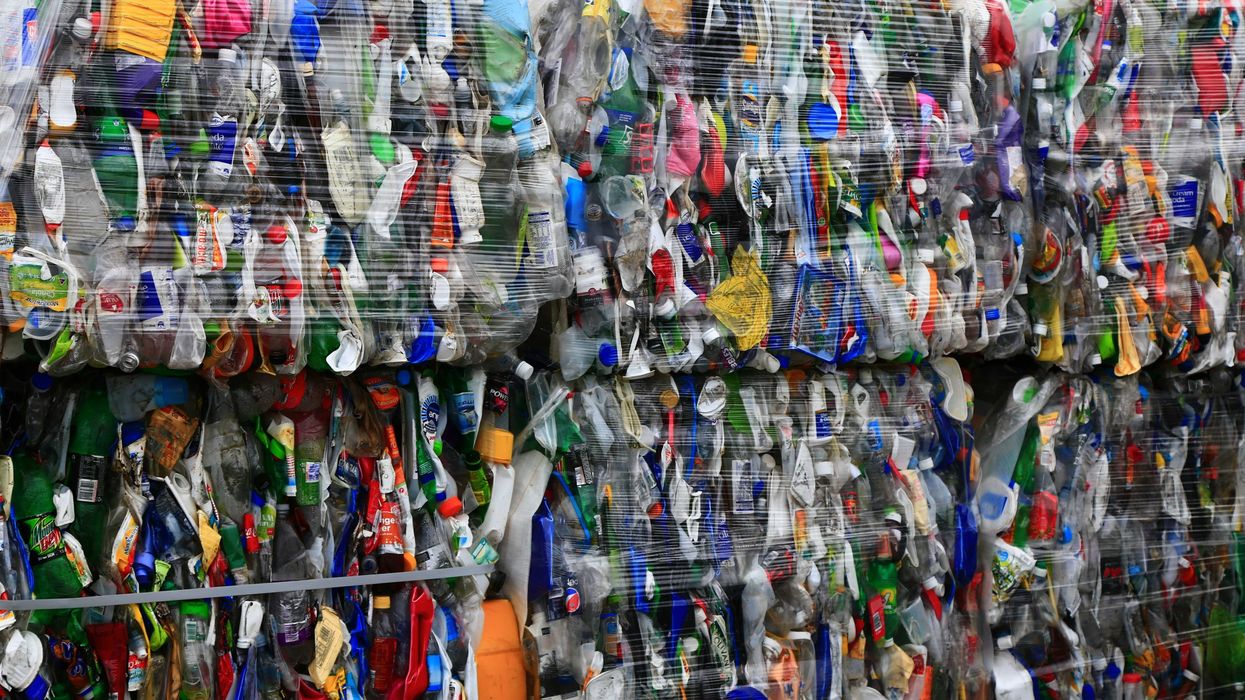Urban birds like ducks and crows carry antibiotic-resistant bacteria due to exposure to polluted rivers and landfills, posing potential health risks to humans.
Nicola Davis reports for The Guardian.
In short:
- Wild birds in urban areas carry more antibiotic-resistant bacteria than those in rural settings.
- These bacteria, found in birds worldwide, could transfer to poultry and enter the human food chain.
- Experts urge reducing birds’ access to contaminated sites to curb the spread of resistance.
Key quote:
“Basically what we’re seeing are genes that confer resistance to antimicrobials that would be used to treat human infections.”
— Prof Samuel Sheppard, Ineos Oxford Institute for antimicrobial research
Why this matters:
Antibiotic-resistant bacteria in urban birds can spread through the food chain, complicating efforts to control antimicrobial resistance, a major public health threat.
Related: Big chicken producers roll back on antibiotic-free promises














